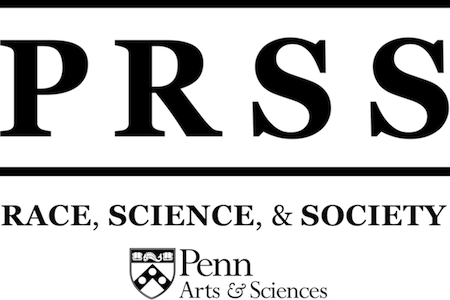
The impact of scientific investigations of race and racism on the way we think about human bodies, diversity, and commonality has profound consequences for society. The use of race in scientific and medical research has been notoriously prone to bias and error. Such flaws persist when race is used as a poor proxy for genetic variation, treated as a cause of social inequities, or otherwise carelessly inserted as a research variable without adequate definition or scientific rationale. Consequently, these scientific studies of race and racism, and the products they generate, transfer new knowledge about human biology, commonality, and difference from the laboratory to the marketplace for public consumption. Such studies and biotechnologies, and the discourses interpreting them, translate scientific authority and significance into popular conceptions of race, and help to reconstitute and extend the role of race in society. Nevertheless, there persists a great deal of uncertainty and variability within the scientific community, policy makers, and the broader public about the relationship between race and biology.
Biomedical researchers continue to grapple with the challenging task of assigning the appropriate significance to race as a variable in research using novel technoscientific tools for studying populations, behaviors and health inequities. Such complex interpretations of the interactions among identity, difference and biology play a crucial role in constructing racial difference, and have the potential to both maintain and contest racial inequities. As a result, scientists’ use of race has tremendous potential to affect the direction of state efforts to address health disparities, and racial inequality more broadly, by directing attention toward or away from structural causes. Thus, illuminating and investigating the social implications of the ways race is used in scientific inquiry and the ways in which racialized meanings and consequences are made through and impacted by biotechnological innovation is especially urgent today.
The Penn Program on Race, Science and Society (PRSS) is devoted to transformative and interdisciplinary approaches to the role of race in scientific research, aiming to contest racism, promote social justice, and dispel the myth that race is a natural division of human beings. PRSS recently launched the Penn Medicine and the Afterlives of Slavery (PMAS) project.
